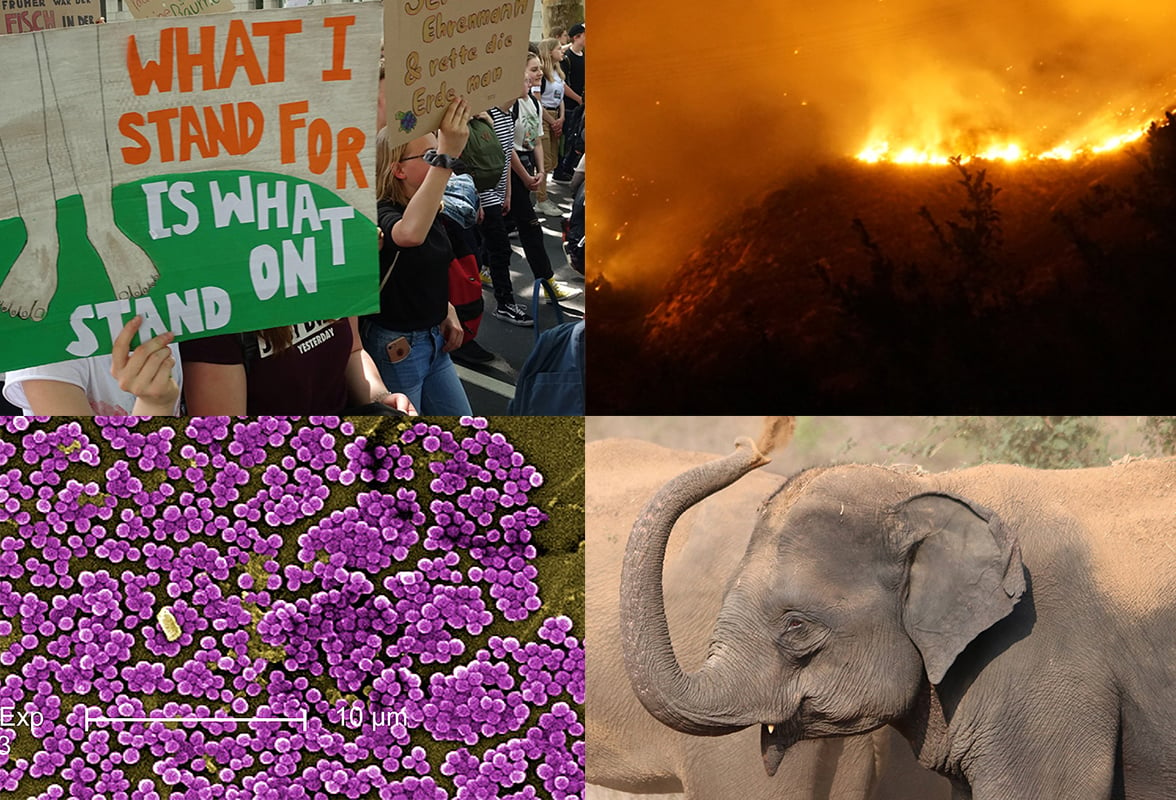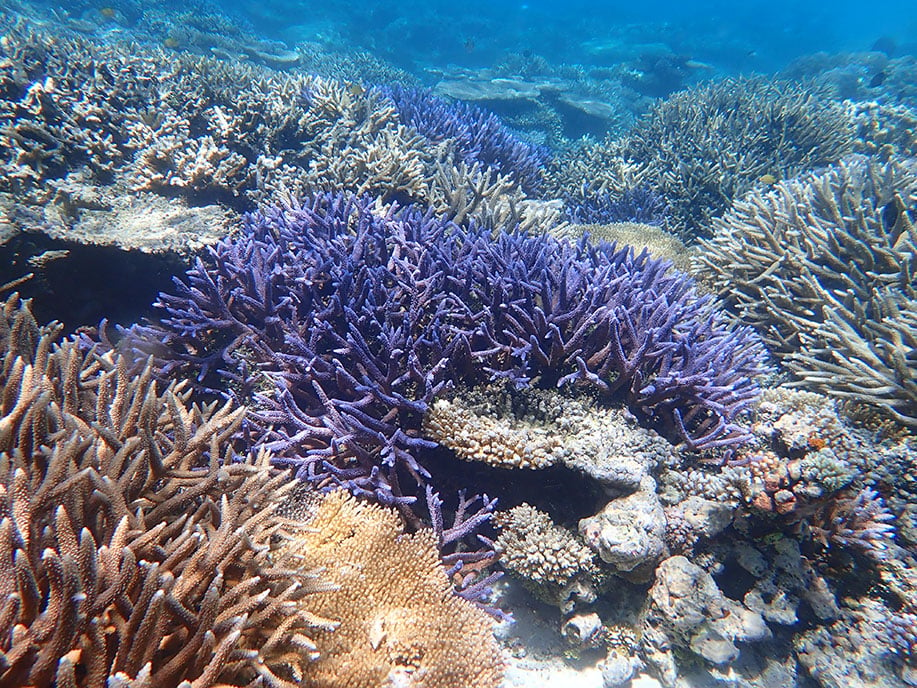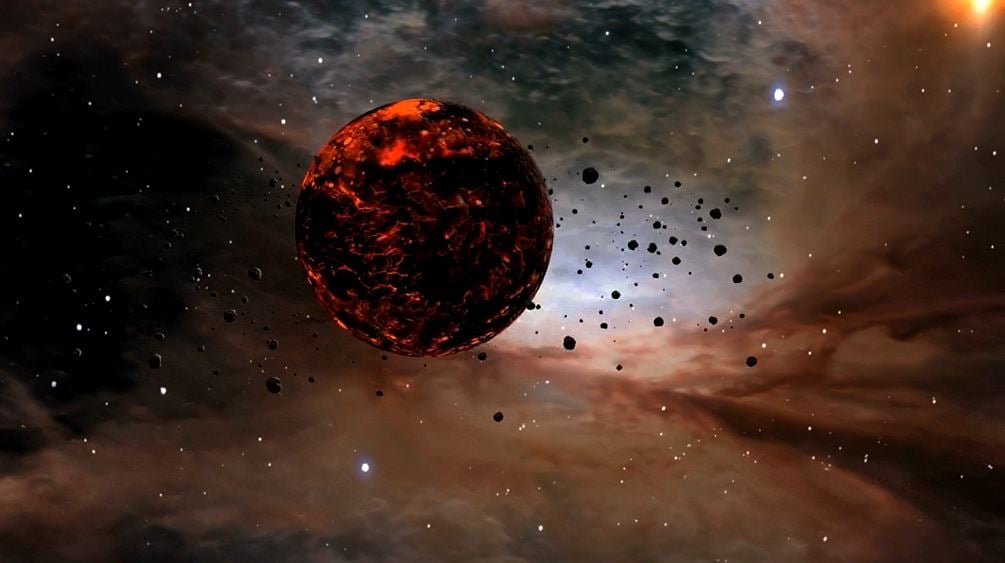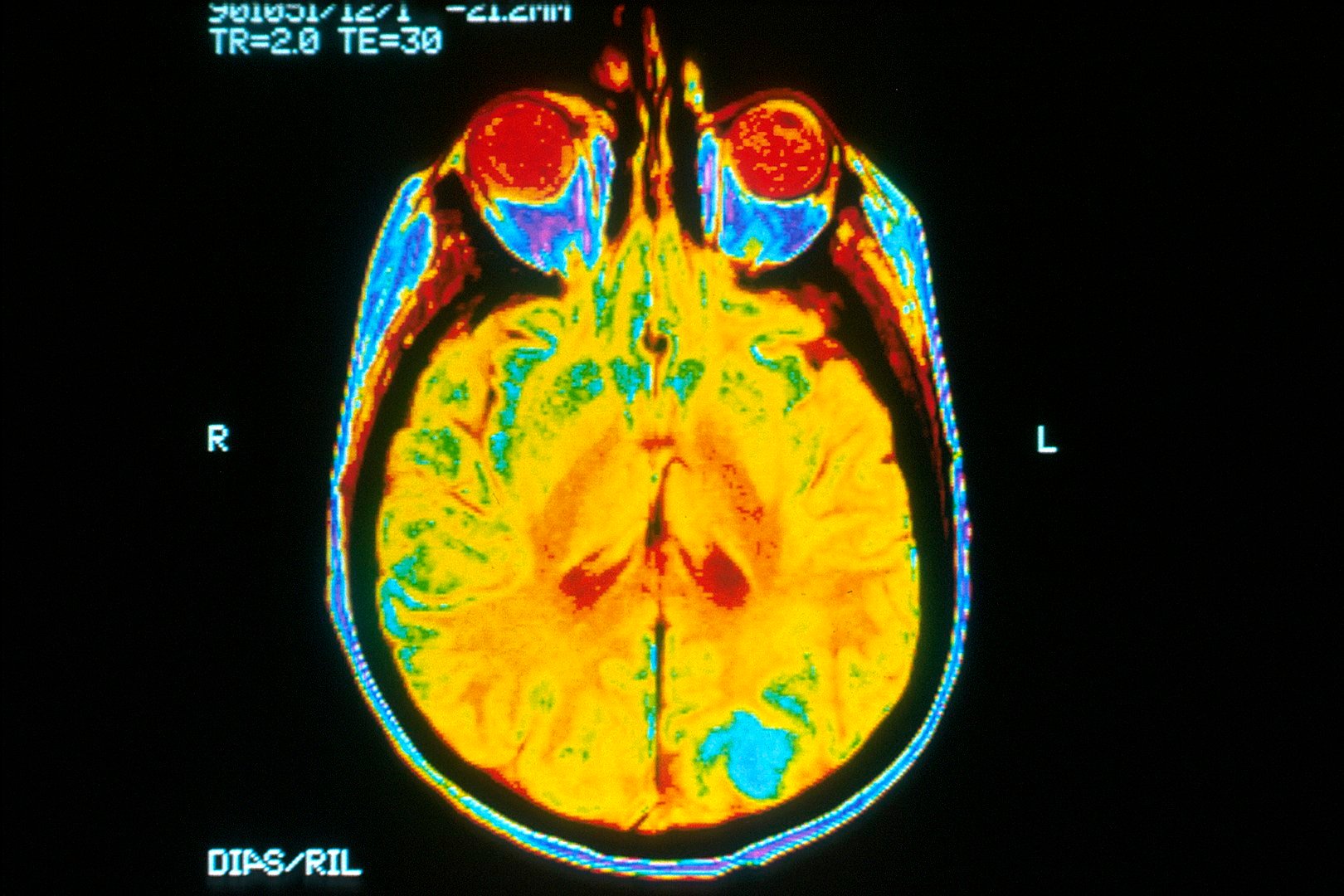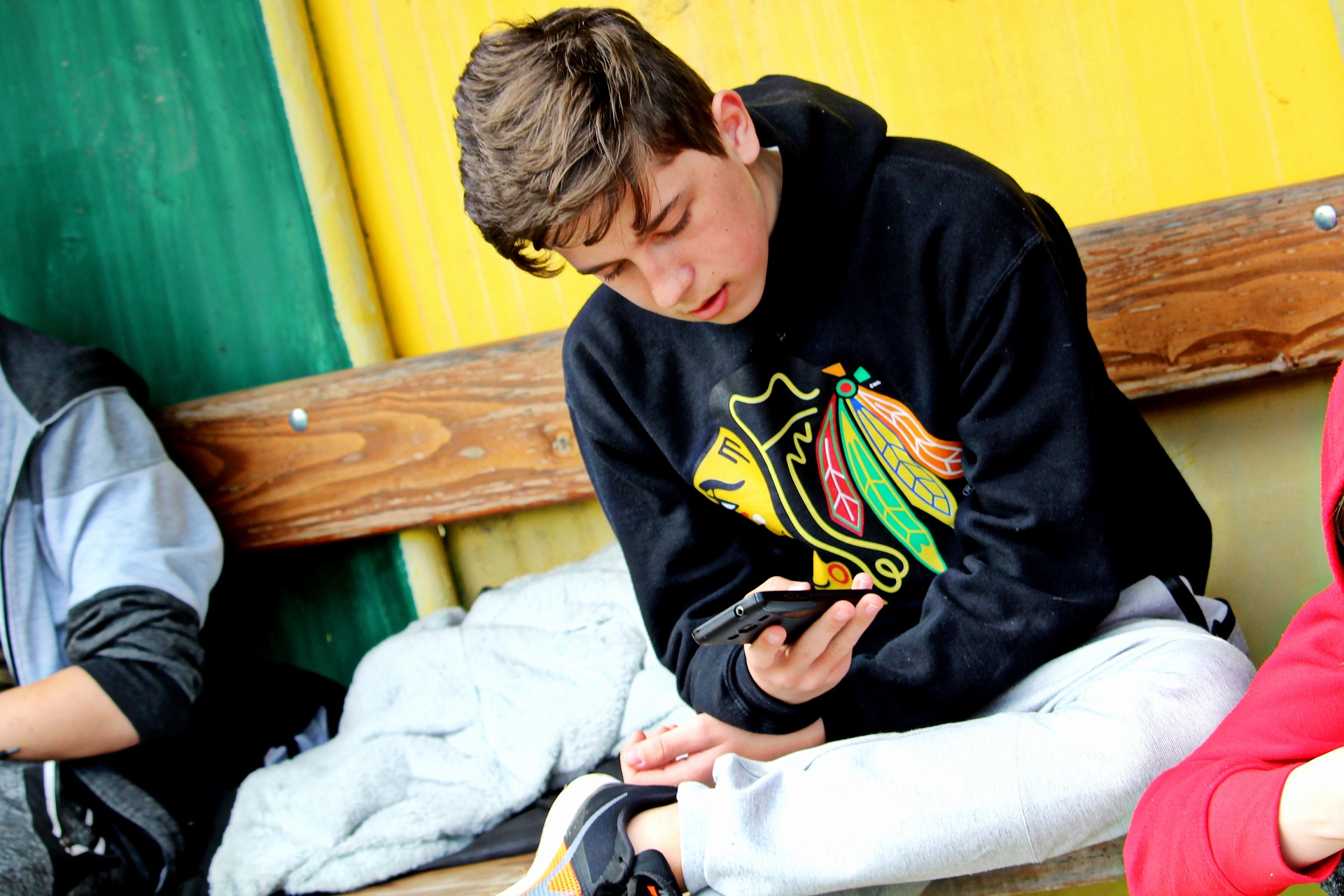Our top 12 science facts from 2019
by Josefine Kroll From bacterial invisibility cloaks to unexpected dinosaur colors, Horizon uncovered some fascinating facts in 2019. Here are our 12 favourites. 1. Meerkats live in cooperative societies where only one female is allowed to breed 2. There may be no free-flowing rivers left in Europe 3. Our idea of dinosaur colours may be completely wrong 4. Elephants … Read more

